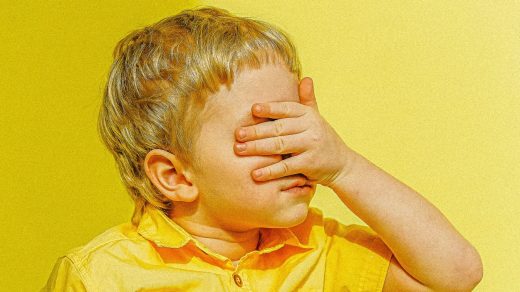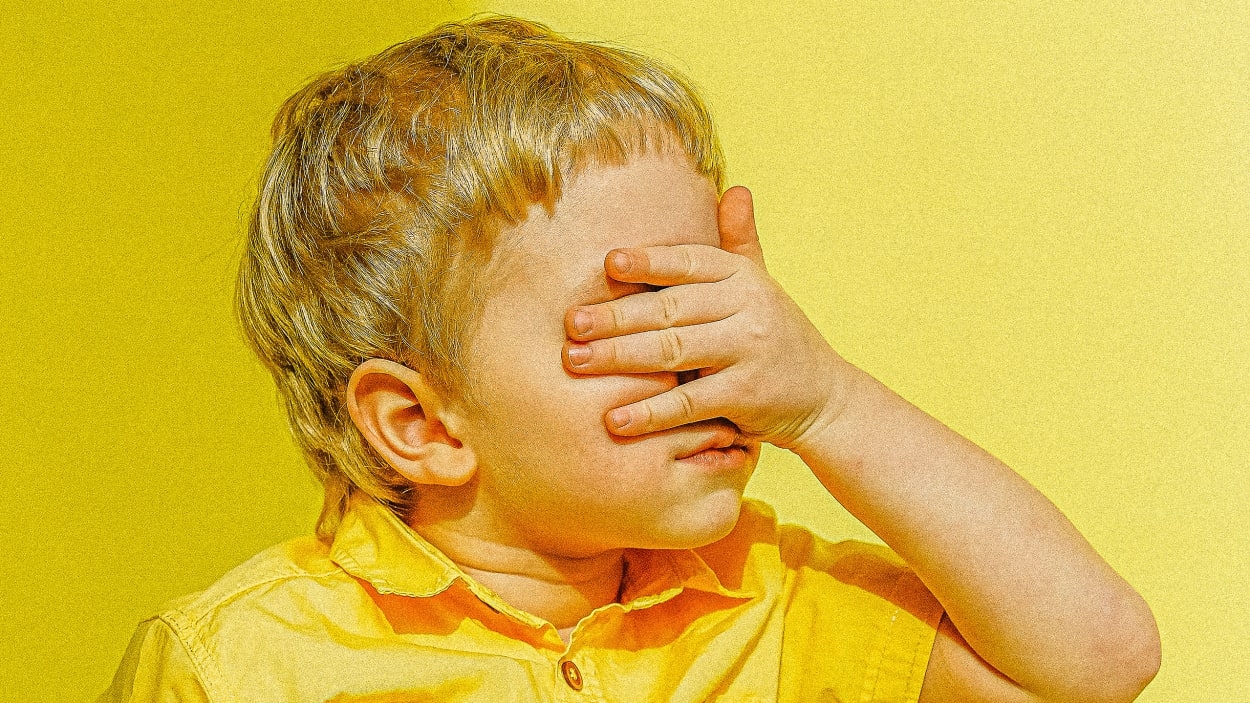Behavioral scientists have found 2 types of shyness that may explain why you hate public speaking
Is shyness a state of mind or a state of being?
Both, according to a study by researchers at McMaster University. The researchers asked 152 children, ages 7 and 8, to give a two-minute speech about their last birthday. The children were kitted out with an EKG while their parents monitored their behavior and filled out a survey about their child’s personality. The young participants were asked to recite the speech in front of a video camera and a mirror and told that other children would watch the video later. One year and two years later, the parents completed follow-up surveys about their child’s development.
About 10% of the children in the study were highly stressed while giving the speech and also had a pattern of shyness over time, which would suggest that some people are shy by nature. Another 25% were shy going into the speech but whose parents did not indicate that they had a pattern of shyness over time, suggesting that for others, shyness can be situational. The remaining 45% of the children did not feel stressed by the prospect of giving a speech or display shy behavior over time.
The researchers also found that about 20% of the children had below-average levels of nervousness and their parents rated them as having below-average levels of shyness over time, which would suggest that some people naturally enjoy being in the spotlight.
One limitation with the study, the authors noted, was that the sample was comprised of primarily white children from middle- and upper-class families, “so it is unknown whether our findings generalize to more diverse samples of children.”
The study was published in the journal Child Development.
(24)



